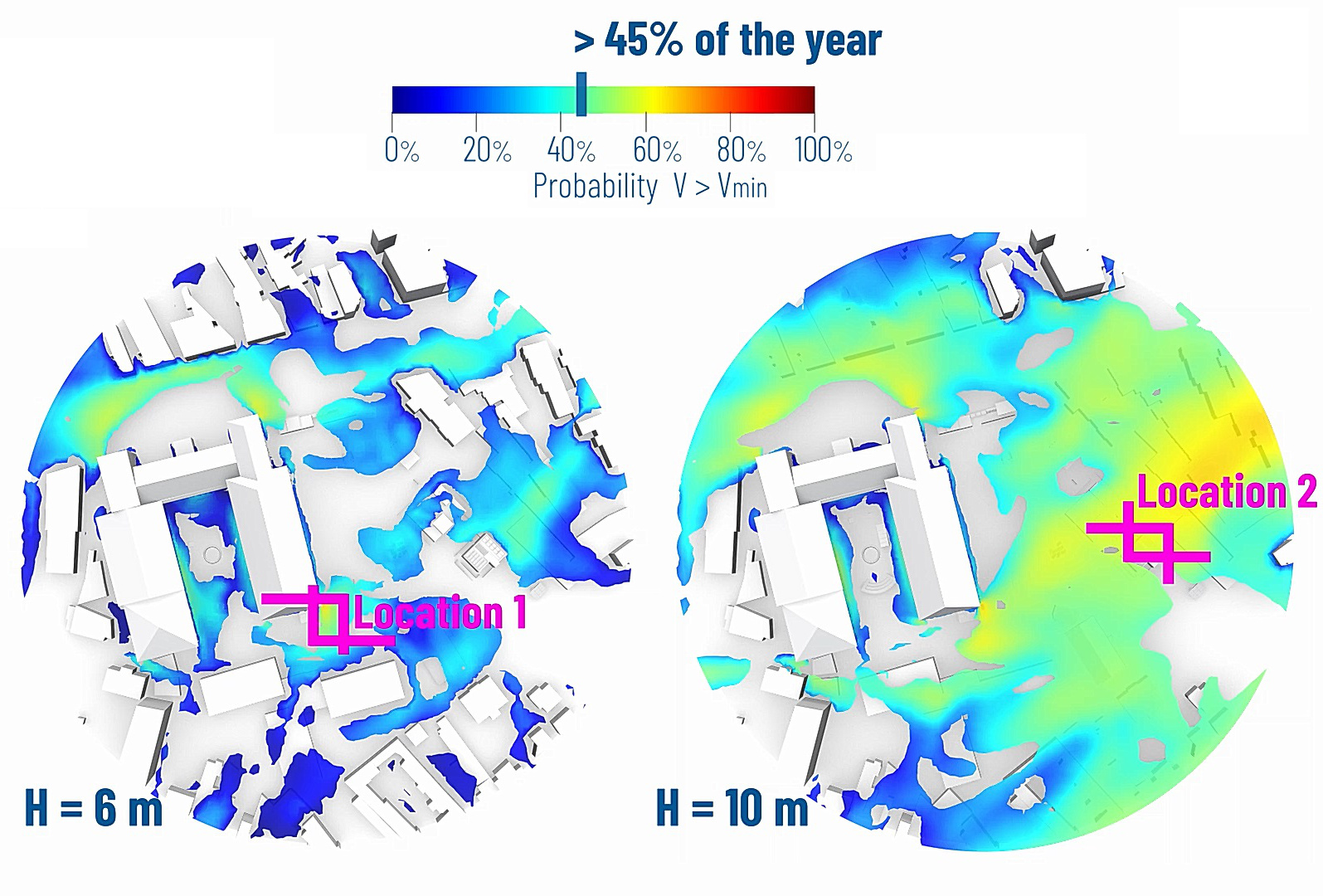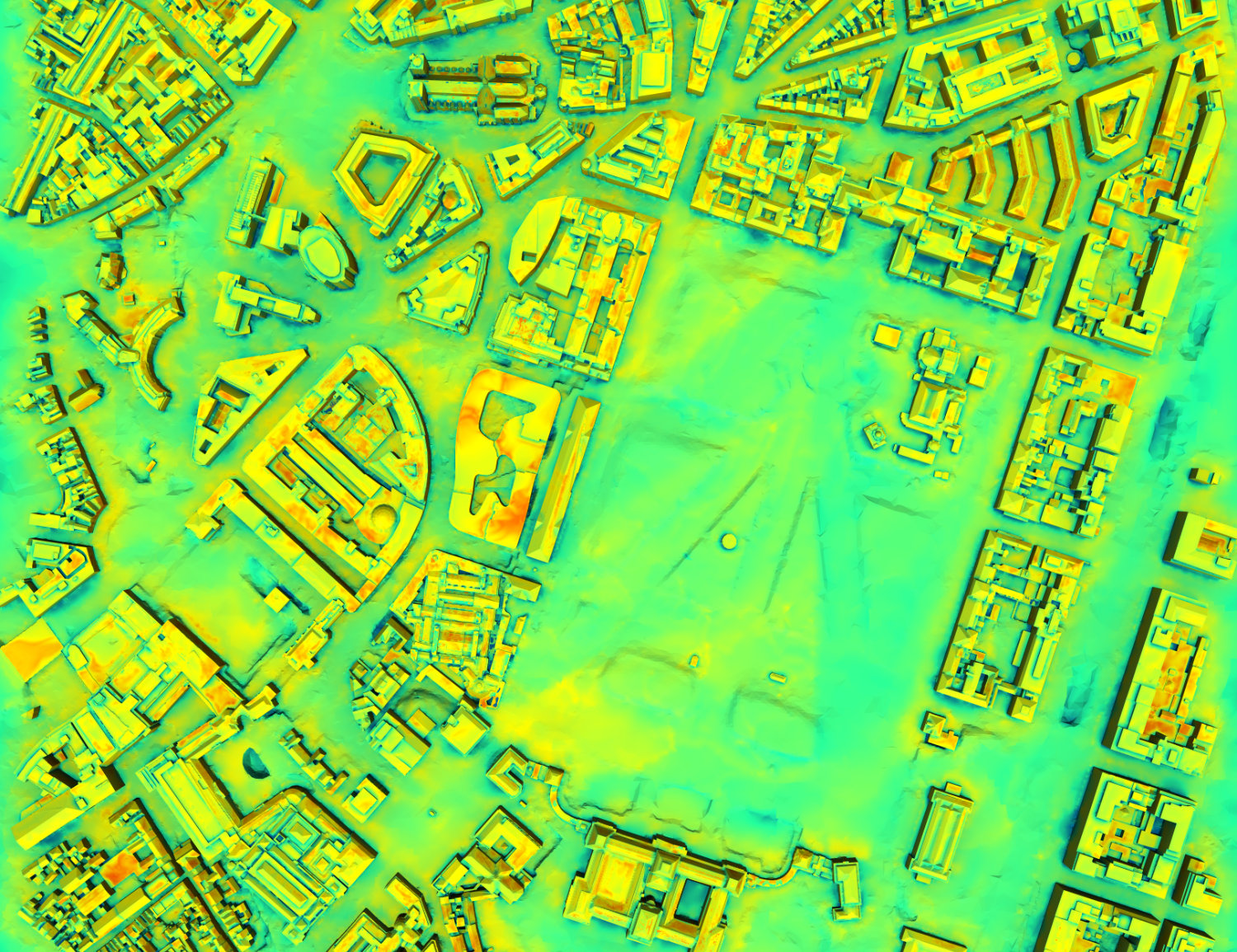Institutionalised cross-sector PLanning and dedicated capacity building to ENable small and medium-sized municipalities to develop and monitor sustainable strategies for the Transition to clean energY

Co-funded by the European Union
The need to tackle climate change and achieve the desired carbon neutrality to keep pace with the 1.5 degrees is more urgent than ever. The climate deal at COP26 calls on all nations to set new ambitious climate targets in preparing their NDCs and further urges them to integrate mitigation and adaptation measures into national, regional and local planning.
Cities and urban areas are vital for achieving climate protection and energy transition targets, being currently responsible for around 70% of energy-related CO2 emissions. Particularly in Europe, with increased global urbanisation around 85% of the population is projected to be living in cities by 2050. Cities of different sizes are decisive to reach the COP26 goals. Given the long-term persistence of urban structures, we have to act now.
The PLENTY-LIFE project will focus on establishing an innovative methodology of stakeholder-based holistic integrated spatial and energy planning (HISEP) methodology. HISEP comprises building capacity of SMCTs in the field of integrated urban energy planning to enable them preparing and monitoring long-term sustainable energy strategies and plans tailored for their specific conditions to manage the clean energy transition and achieve carbon neutrality by 2030/2050. Besides, it aims at Institutionalising the HISEP methodology that implies a cross-sectoral planning process, integrating the energy system with other development sectors to plan the energy transition towards and to achieve sustainable and efficient carbon neutral SMCTs.
PLENTY-LIFE will apply an innovative “spatio-temporal and multi sectoral planning” methodology that will be established by the team members of the project consortium based on the combination and advancement of their previous research and development results. The methodology will be fine-tuned in co-creation processes in pilots that will be empowered to deliver and monitor their clean energy strategies.
BuildWind will contribute to the project with their simulation technology and expertise in urban wind energy and urban heat island effect.



